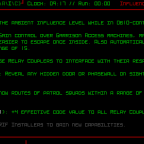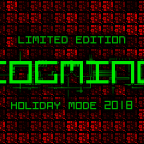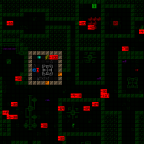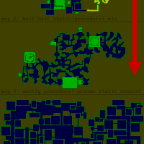
A couple years back I introduced difficulty settings to Cogmind. At the time I wrote about the benefits and drawbacks of difficulty modes in roguelikes, along with an introduction to Cogmind’s difficulty-related features, and overall I’ve been pleased with the results, but with experience I’ve discovered there is definitely room for improvement in a few […]





